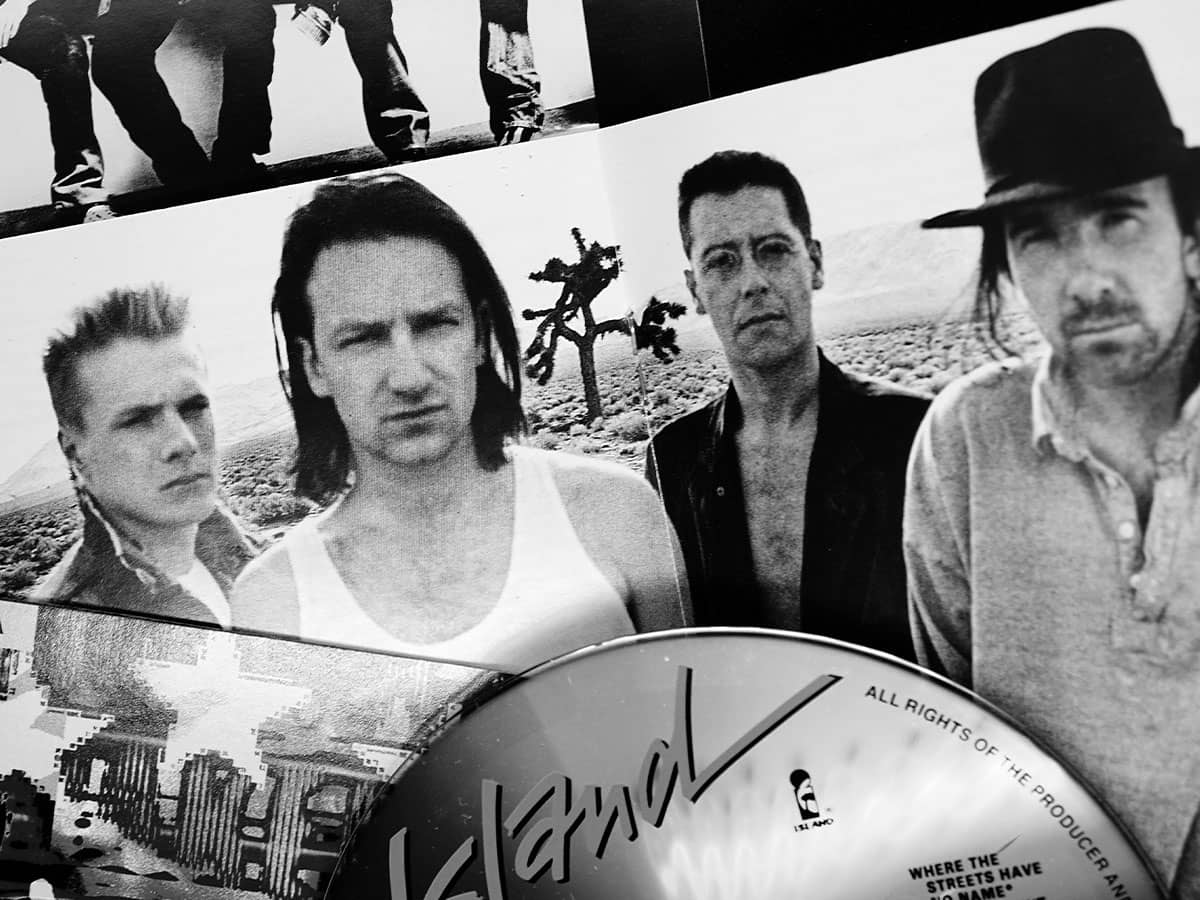
It will probably always be surreal to me that Matisyahu--the suddenly ubiquitous Hasidic reggae artist--is getting mainstream play on the likes of MTV and "Jimmy Kimmel Live" and write ups in Rolling Stone and Entertainment Weekly. He's hip, even with his black hat and lyrics about Hashem and mashiach. Don't know what those words mean? You're far from alone. But spitting lyrics incomprehensible to 99% of the public hasn't slowed Matisyahu's march from sideshow act to commercial success story. (For the record, Hashem is a term for God, mashiach is the Messiah.)
And what a march it's been. His 2004 album "Live at Stubb's" peaked at No. 32 on the charts, reportedly selling 340,000 copies. His just-released follow-up, "Youth," is starting out with a shipment of 400,000 units, according to press reports. Not bad for a guy who looks like he'd be more comfortable leading chanting from the Torah than playing the club scene. The question remains, though: Is Matisyahu's finding success because his music is really reaching people, or is the music world simply entertained by his old-school look and unusual lyrics? Is he just a novelty act, or a respectable artist? Are radio stations and their listeners laughing with him--or at him?
Since Matisyahu's name started popping up on the pop-culture radar screen in the last year or two, I've been assuming this was a case of hip America having a laugh at the sincere Hasid's expense. But this easy explanation doesn't explain why it's this Hasid at this moment--or why Matisyahu's fame has so quickly gone from a word-of-mouth phenomenon to a mainstay in influential, mainstream music publications and on popular radio stations.
For the record, the surreal part of all this, to me, is not that a Hasid sings reggae. Having grown up going to Jewish schools and camps where Jewish rap, rock, folk, and just about any other genre were normal fare, it doesn't surprise me that a man named Matisyahu would adopt the tunes of the Caribbean and drop in lyrics about belief and devotion. The music from these Jewish adopters of mainstream musical forms--whether intentionally comedic self-parodies or sincere attempts to show kids that their religion is cool--was, with some rare exceptions, lousy, a joke to all but the most un-ironic educator or youth director.
But it's obvious from listening to "Youth" that this is no mere cheerleader for tradition. The new album shows an impressive depth and maturity, and it thoroughly engaged me in a way his early music doesn't. His songs no longer all have a near-uniform sound, instead offering welcome and appropriate variety in pacing, mood, and tone. (One song, called "Shalom/Salam" is all instrumental, though the concept is a whole lot better than the execution on that one.) And, while remaining overly sincere overall, Matisyahu can be playful at times, quoting from '80s pop hits and saying in one song that "treyf wine clouds the heart," using the Yiddish word for non-kosher. (What kosher wine is he drinking that isn't intoxicating?)
While he's still got his share of Hebrew words and Jewish concepts, Matisyahu's writing overall is less insider and more universally comprehensible than it was previously. Gone are songs with titles such as "Tzama L'chol Nafshi (Psalm 63:2-3)" and "Aish Tamid," replaced with names like "Silver and Gold" and "Late Night in Zion." And alongside the songs anticipating the Messiah and calling for the "Children of Abraham" to turn to God, Matisyahu sings of spiritual emptiness and finding meaning, feeling vulnerable and making difficult choices in life.
Some of his richest and most memorable songs are those with a more universal and less "Jewish" focus. Though "Jerusalem" may be the tune that sticks in your head all night, it doesn't reach quite the same spiritual level or musical quality of the title track, "Youth," or "Unique Is My Dove." In the former, the singer exhorts young people to take control of their destinies: "Young man, the power's in your hand / slam your fist on the table and make your demand. / You better make the right move." "Unique Is My Dove" is the lone love song on the album, a moving ode to monogamy: "One woman for me / Other half of my soul." Maybe not a radical concept, but well done nonetheless.
So, would we be listening to Matisyahu music if he wore jeans and a t-shirt instead of a black hat and if he sang about sex instead of God? Well, have you ever heard of Matthew Paul Miller or MC Truth? Didn't think so. The first is Matisyahu's given "secular" name and the second is what he played under before becoming frum (Orthodox). But all successful artists have their public personae, their unique identification, which is an integral part of their act and their ability to sell themselves. At least Matisyahu's public persona is sincere--no one's suggesting he grew his beard and started writing songs about the messiah just for marketing value. With his emphasis on messianic redemption, I may not always agree with his theology, but how often can you say that about a pop musician? Considering all the dreck out there when it comes to music and its messages, a Hasid jamming about Jerusalem, God, and responsibility isn't the worst thing for kids, Jewish and non-Jewish, to see as hip.

